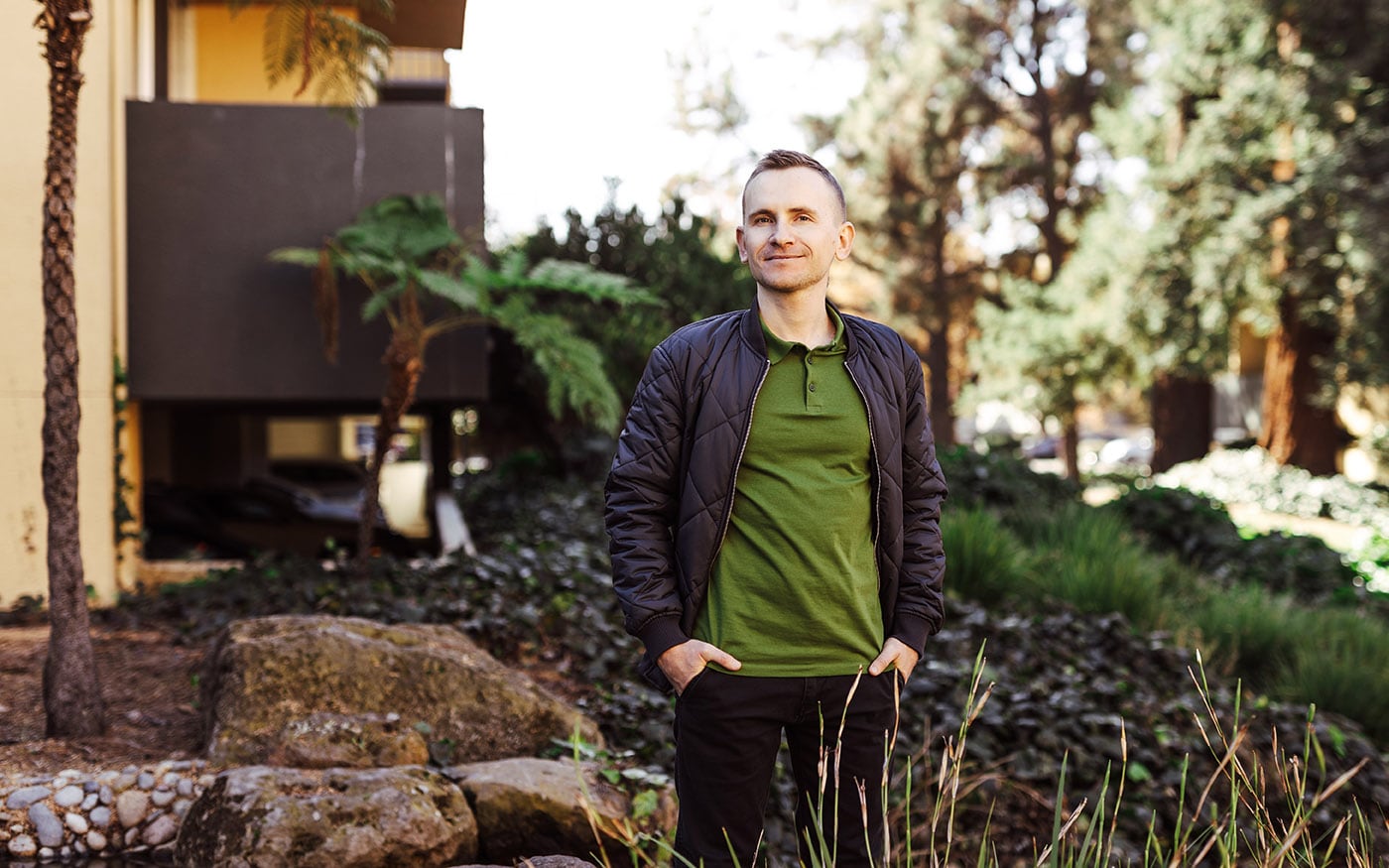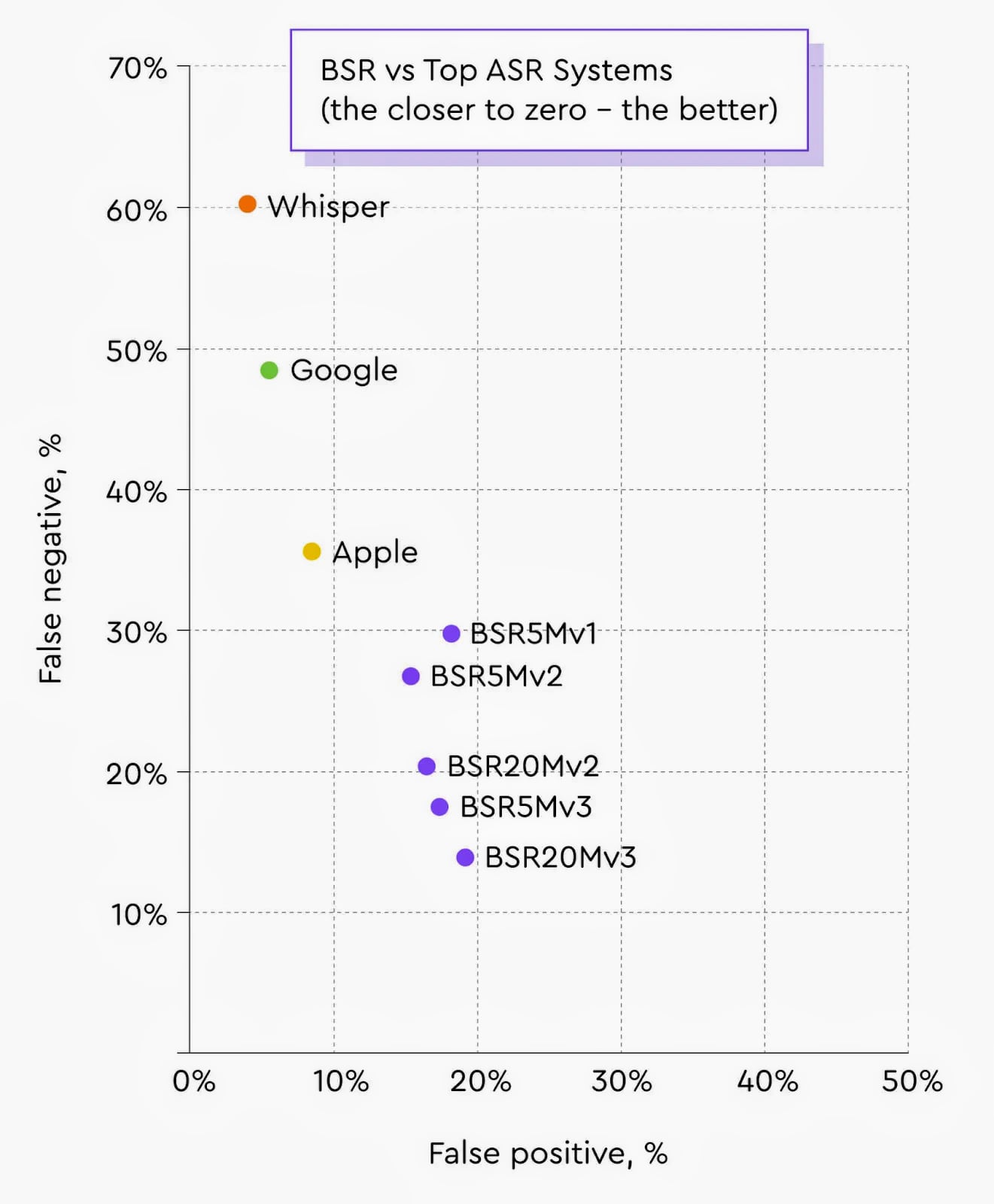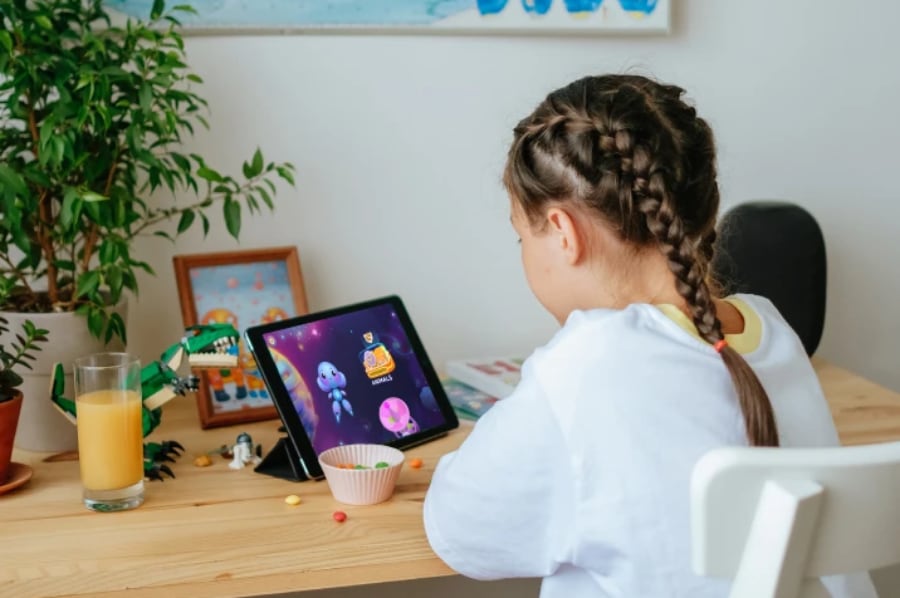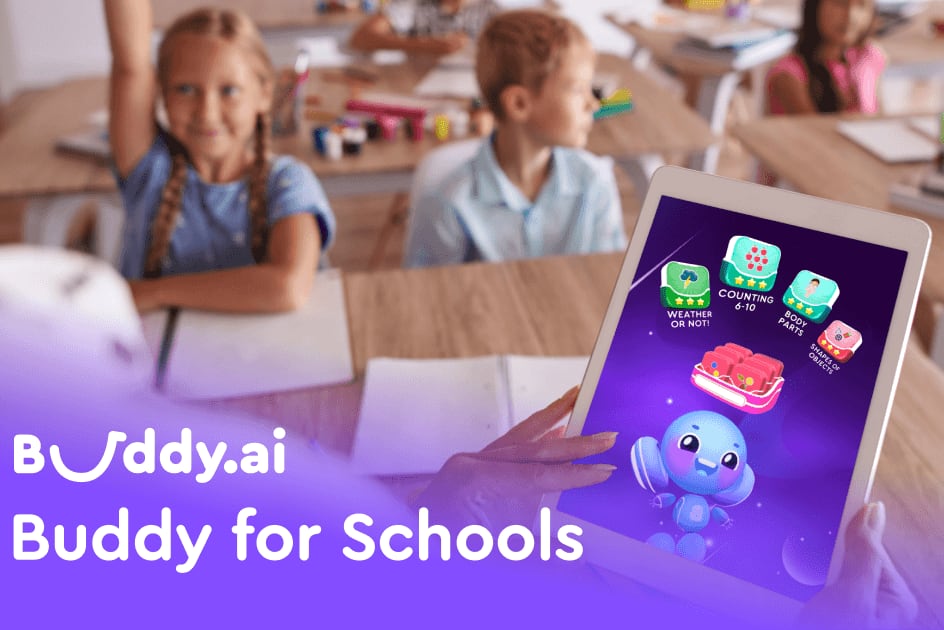Many startups have appeared in Russia, but not all of them have become successful in the global market.
Buddy.ai is just the biggest exception to the rule. This service for learning English, created by two friends from Krasnoyarsk, is now a leader in its niche, and recently attracted $11 million.
Let’s figure out what’s so unique about Buddy.ai and why investors are investing in it.
Briefly:
Who created the company
How does Buddy.ai work?
How does work work at Buddy.ai?
How much does Buddy.ai earn?
Future plans
Who created the company

Dmitry Plotnikov
Buddy.ai was founded in 2017 by Ivan Kryukov and Dmitry Plotnikov. Both grew up in Krasnoyarsk and met there while studying at the Siberian Federal University.
The friends launched their first joint business in 2007. It was the Chocavo website with a poster of local events and ticket sales. He took a small profit and quickly closed.
Legislatively, they worked together at Cubic AI, a company that makes smart speakers. In 2016, Cubic AI was sold to Yandex, and Yandex Station was created based on its development.

Ivan Kryukov
Kryukov and Plotnikov left Cubic AI after the sale of Yandex and decided to found their own company, Buddy.ai. Buddy.ai was first conceived as a voice assistant for children that could control a child’s screen time and convey content. The company had an international collaboration with Buddy.ai on Samsung devices, but it never came to fruition.
Then Buddy.ai refocused on teaching children English. Kryukov Developed in the USA in 2014 while working at Cubic AI. By the time Buddy.ai was launched, his daughter had started kindergarten, but for a long time she could not master the English language. Plotnikova’s children had a similar problem. Actually, this is how the idea of creating an application for teaching children English came about.
◦ Back to contents ◬
How does Buddy.ai work?
Buddy.ai does not replace classical tutors, but helps you learn words and improve pronunciation. Using images, the child must say in his voice what is depicted on them.
The app features a virtual avatar of Buddy, which changes as you progress in learning English. In addition, he can talk himself and visually respond to the child’s answers.

Percentage of errors of the Buddy.ai speech calculation model (BSR) in relation to top analogues
Compared to similar applications Buddy.ai has three important differences:
▶︎ Its own basis is based on children’s speech. According to Kryukov, it works better than Apple and Google. She also learns different children’s accents.
▶︎ The application is fully compliant with the Children’s Online Privacy Protection Regulation (COPPA). This is necessary for training a speech recognition system on children’s data.
▶︎ Buddy’s avatar is controlled automatically based on the context of the conversation, making it more flexible for learning.
The app currently only allows you to learn English, but its potential in this regard is unlimited.
◦ Back to contents ◬
How does work work at Buddy.ai?
From its very foundation, the startup operated in two offices: in Moscow and the office. This was due to the fact that Plotnikov lived in Russia, and Kryukov in the USA.
After February 2022, the Moscow office will be closed, and all developers, together with Plotnikov, will work in Montenegro, where they still work.
The Buddy.ai team consists of approximately 20 people. In 2020, Buddy.ai actually absorbed a similar company, Edvina, which was created by the former head of the LinguaLeo foreign language learning service Dmitry Stavisky.
◦ Back to contents ◬
How much does Buddy.ai earn?

The founders initially developed a subscription app. A small portion of the content is available for free trial, but further learning requires a subscription. In the Russian App Store the following prices:
▶︎ Week: 899 rubles.
▶︎ Month: 999-1190 rubles
▶︎ Six months: 2890 rubles.
▶︎ Year: 5590 rubles
At the end of 2022, about 15% of new users had paid for a subscription for more than a year.
By the end of 2023, Buddy.ai had been downloaded more than 22 million times worldwide. in 2024, the number of downloads exceeded 50 million.. The startup’s revenue, according to its own data, is growing by 93% per year. More than 20 million children a year receive the service. About half live in Latin American countries.
The company has not yet reached profitability. Almost all income is spent on salaries and maintenance of services, including the development of new functions.

It is interesting that, despite the Russian roots, the share of Russian users is not taken into account 10%. Until February 2022, half of the proceeds from the launch were available to users from Russia and Ukraine. But after Apple and Google banned bank payments, they had to quickly find a new source of income.
The company expanded into other markets and was very successful in the Latin American market. Buddy.ai is even used in some Brazilian schools. As for Russian-speaking users, now they are mainly emigrants and their children.
Buddy.ai has regularly raised funds from the shutdown for several years. At the start, Konstantin Senchenko, a Krasnoyarsk businessman and politician who was one of the first to stop cubic AI, invested $100 thousand in the company.
In 2024, Buddy.ai raised $11 million from BITKRAFT Ventures, One Way Ventures, J Ventures and Point72 Ventures, among others. The valuation amount is not disclosed.
According to Kryukov, the company negotiated with 186 investors to close this round.
◦ Back to contents ◬
Future plans
Buddy.ai was firmly entrenched in its niche and planned for further growth in it. One of the new results is the entry into Asian markets.
The company also wants to develop its gaming division to make the app as fun as top games.
◦ Back to contents ◬
Source: Iphones RU
I am a professional journalist and content creator with extensive experience writing for news websites. I currently work as an author at Gadget Onus, where I specialize in covering hot news topics. My written pieces have been published on some of the biggest media outlets around the world, including The Guardian and BBC News.










